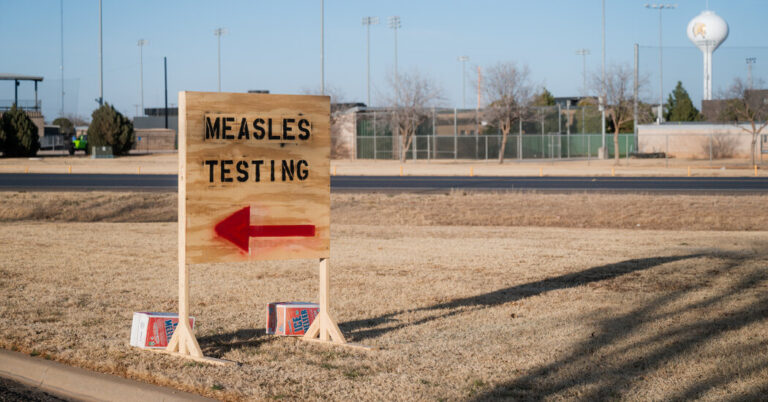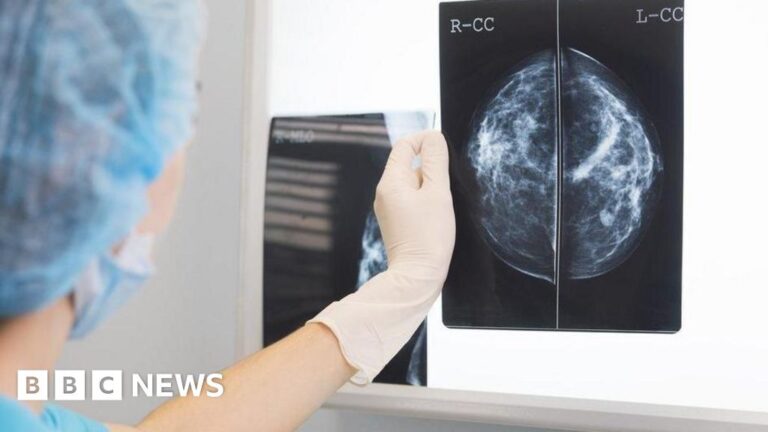Here is the result in plain text, without any additional lines:
Five years after Covid-19 shut down activities all over the world, medical historians sometimes struggle to place the pandemic in context.
What, they are asking, should this ongoing viral threat be compared with?
Is Covid like the 1918 flu, terrifying when it was raging but soon relegated to the status of a long-ago nightmare?
Is it like polio, vanquished but leaving in its wake an injured but mostly unseen group of people who suffer long-term health consequences?
Or is it unique in the way it has spawned a widespread rejection of public health advice and science itself, attitudes that some fear may come to haunt the nation when the next major illness arises?
Some historians say it is all of the above, which makes Covid stand out in the annals of pandemics.
In many ways, historians say, the Covid pandemic — which the World Health Organization declared on March 11, 2020 — reminds them of the 1918 flu. Both were terrifying, killing substantial percentages of the population, unlike, say, polio or Ebola or H.I.V., terrible as those illnesses were.
The 1918 flu killed 675,000 people out of a U.S. population of 103 million, or 65 out of every 10,000. Covid has so far killed about 1,135,000 Americans out of a population of 331.5 million, or 34 out of every 10,000.
J. Alexander Navarro, a medical historian at the University of Michigan, said that in the fall of 1918, when the nation was in the throes of the deadliest wave of the 1918 flu, “newspapers were chock-full of stories about influenza, detailing daily case tallies, death tolls, edicts and recommendations issued by officials.”
Interest in the Covid vaccine has plummeted, too. Now just “a measly 23 percent of adults” have gotten the updated vaccine, Dr. Navarro noted.
Remnants of Covid remain — lasting financial effects, lags in educational achievement, casual dress, Zoom meetings, a desire to work from home. But few think of Covid as they go about their daily lives.
Dora Vargha, a medical historian at the University of Exeter, noted that there had been no ongoing widespread effort to memorialize Covid deaths. Instead, with Covid, “people disappeared into hospitals and never came out.”
Now it is only their friends and families who remember.
Dr. Vargha called that response understandable. People, she said, do not want to be “dragged back” into memories of those Covid years.
But some, like those suffering from long Covid, can’t forget. In that sense, she sees parallels with other pandemics that, unlike the 1918 flu, left a swath of people who were permanently affected.
Every pandemic has its dinosaurs, she said. They are the Zika babies living with microcephaly. They are the people, often at the margins of society, who develop AIDS. They are the people who contract tuberculosis.
But despite the pleas from those who cannot forget Covid and who seek more research, more empathy, more attention, the more pervasive attitude is, “We don’t need to care anymore,” said Mary Fissell, a historian at Johns Hopkins University.
Source link




